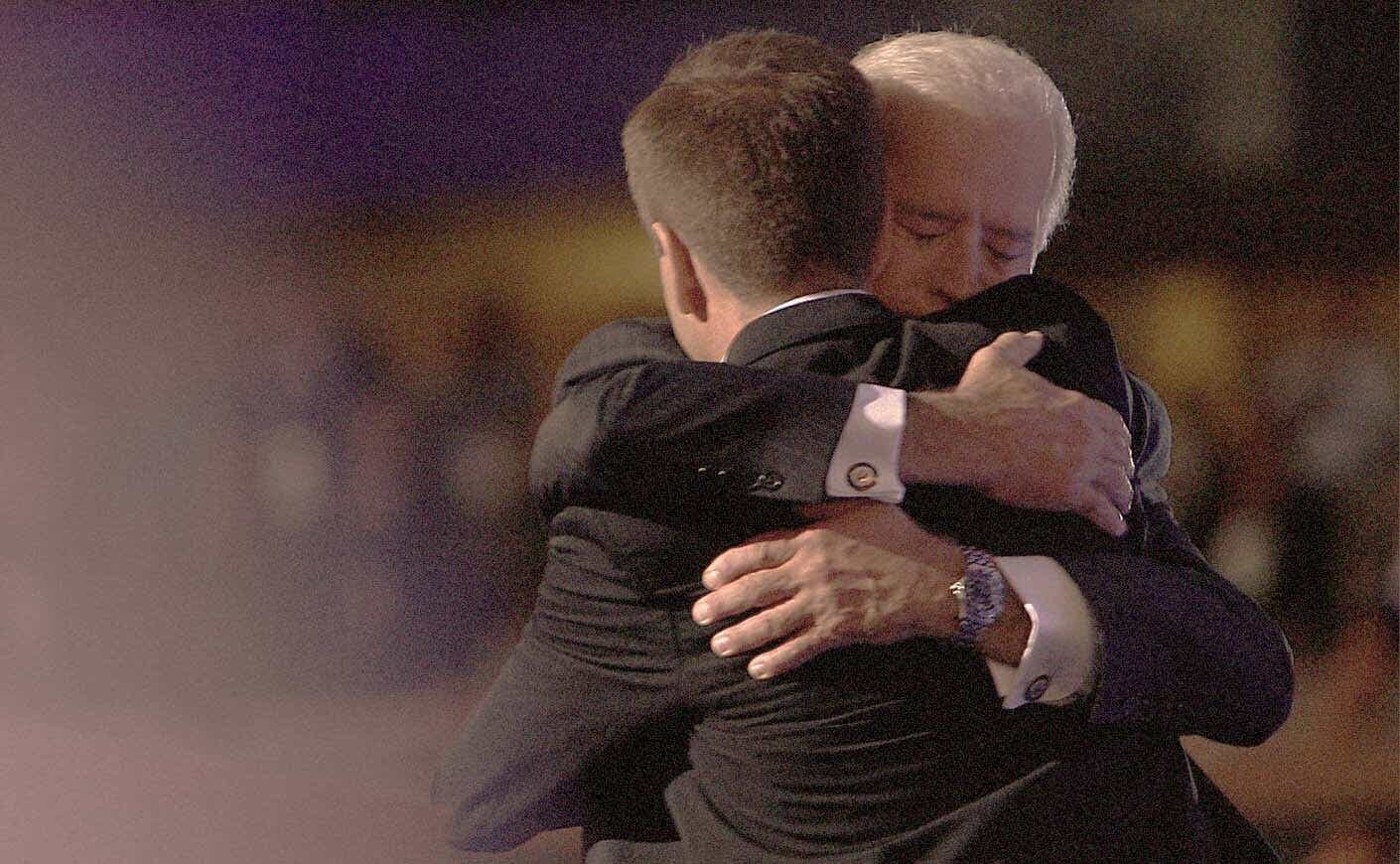President Biden announced an ambitious new goal to reduce cancer death rates by at least 50 percent by 2047. Here’s the scoop on what the White House is calling its “moonshot” project.
What is the cancer moonshot?
Biden said he plans to “supercharge” the cancer program he oversaw five years ago as vice president. In addition to cutting the death rate, the initiative will focus on improving the experiences of people living with cancer, increasing access to screenings, and accelerating research into multi-cancer detection tests. It also aims to “nearly eliminate cervical cancer” through widespread testing and HPV vaccination.
A newly formed “cancer cabinet” will coordinate the fight across multiple government agencies, including the Department of Health and Human Services and the Environmental Protection Agency.
How much is Biden planning to spend?
Congress provided the moonshot program with $1.8 billion in 2016. About $400 million has yet to be allocated. White House officials told the New York Times that they would not be announcing any new funding commitments, but that there would be “robust funding going forward.” The president has called on Congress to fund a new research initiative, modeled after a Pentagon program that funds emerging military technology.
“We can end cancer as we know it,” Biden said. “This is a presidential White House priority.”
For the president, this is personal
The president is heavily invested in the fight against cancer. In 2015, his son Beau died of glioblastoma at age 46. The following year, President Obama appointed Biden to lead the moonshot program. He also founded the Biden Cancer Initiative, a nonprofit organization focused on cancer research and prevention. (The org shuttered in 2019 after Biden announced his run for president.)
“It’s personal for me. But it’s also personal for nearly every American, and millions of people around the world,” he wrote in 2016. “We all know someone who has cancer or is fighting to beat it.”
Will it work?
The White House insists that recent progress in treatment and testing have made it possible to aim higher when it comes to beating this disease. However, some experts remain skeptical, saying it may only be achievable by actually curing certain forms of cancer.
Others are more optimistic, pointing to the advances made in the past five years, when the original moonshot program was launched. New therapies are helping patients live longer, and new tests are being developed to catch cancer earlier.
“The original moonshot demonstrated that it was possible to compress a decade’s worth of progress into a few short years,” Ellen Sigal, founder of Friends of Cancer Research told the NYT. “We can’t afford to not make that opportunity a reality again.”









